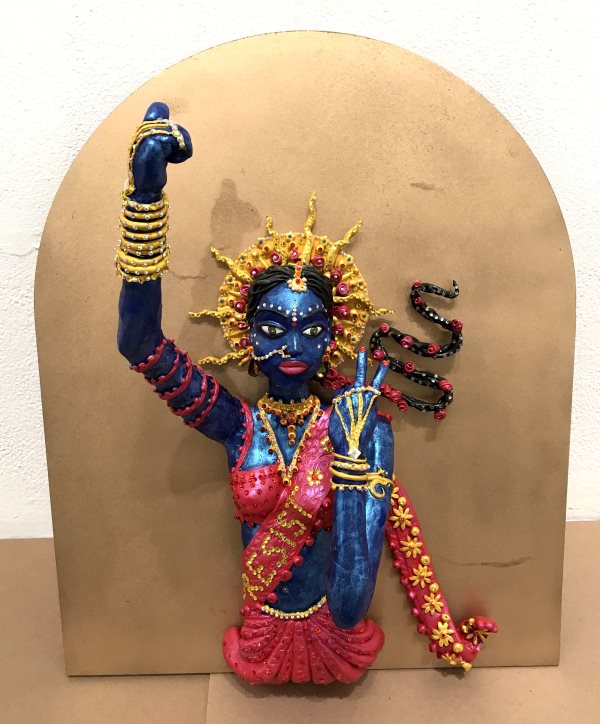(Un)Modifying India: Nationalism, Sexual Violence and the Politics of Hindutva
DOI:
https://doi.org/10.31273/fd.n2.2017.64Abstract
The postcolonial Indian state has since its inception used sexual violence to keep resurgent rebellions in check within its formal territory, and has for long provided the means of the production of sexual violence to dominant sections of society. In this essay I suggest that with the rise of the Hindu right to political power at key levels of states and the centre over the last three decades, a new social and political dynamic has been unleashed. Sexual violence has come to constitute public and private lives in unprecedented ways that include a radical realignment of public and private spheres as well as the production of a rejuvenated masculinist state and society seeking to resignify tradition and modernity within the framework of Hindutva or Hindu supremacy. While this force signals a political defeat for liberal and secular feminism at some level, it also opens up new opportunities to reimagine the vocabularies of freedom and rights against the new political order.
Downloads

Downloads
Published
Issue
Section
License
Authors who publish with this journal agree to the following terms:
- Authors retain copyright and grant the journal right of first publication with the work simultaneously licensed under a Creative Commons Attribution Non-Commercial Share Alike License that allows others to share the work with an acknowledgement of the work's authorship and initial publication in this journal, providing it is not used for commercial purposes and any derivative work is shared with the same license.
- Authors are able to enter into separate, additional contractual arrangements for the non-exclusive distribution of the journal's published version of the work (e.g., post it to an institutional repository or publish it in a book), with an acknowledgement of its initial publication in this journal.
- Authors are permitted and encouraged to post their work online (e.g., in institutional repositories or on their website) prior to and during the submission process, as it can lead to productive exchanges, as well as earlier and greater citation of published work (See The Effect of Open Access).
